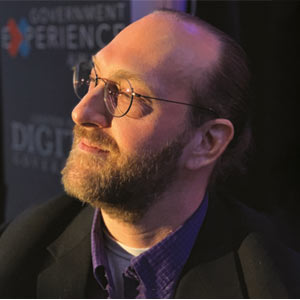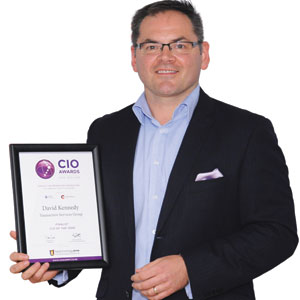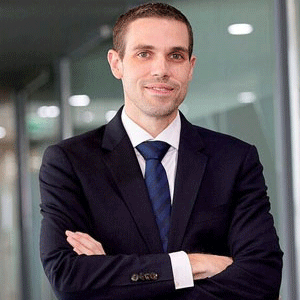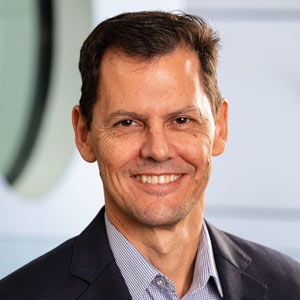Read Also
Advancing Retail through E-Commerce, Cloud and Cyber security
John Gaspar Antonio, CIO/Vice President for Information Technology & E-Commerce / Data Protection Officer, Metro Retail Stores Group
From Code To Impact: Leading Enterprise Ai With Purpose
Jingting Cher, Deputy Director, Data Science, Sp Group
Reimagining Pension Services Through Responsible Innovation
Maz Mirza, Chief Digital Officer, KWAP Malaysia
Maritime: Beyond Systems, Beyond Seas
Ron Fong, Cio, Station Satcom
Human-Centered Innovation in the GenAI Era
CJ Meadows, Head of Innovation-Asia, Executive Education Designer, Professor & Head of Mbaconsulting, S P Jain School Of Global Management
The Art and Science of Selling
Scott White, Senior Manager Sales and Marketing Operations, Airbus
Responsible Data Leadership in an AI-Driven World
Gemma Dias, Head of Data Governance, Tyro Payments
Driving Guest-Centric IT Innovation in Integrated Resorts
Ching Yip, Vice President of Information Technology, Hoiana Resort & Golf























